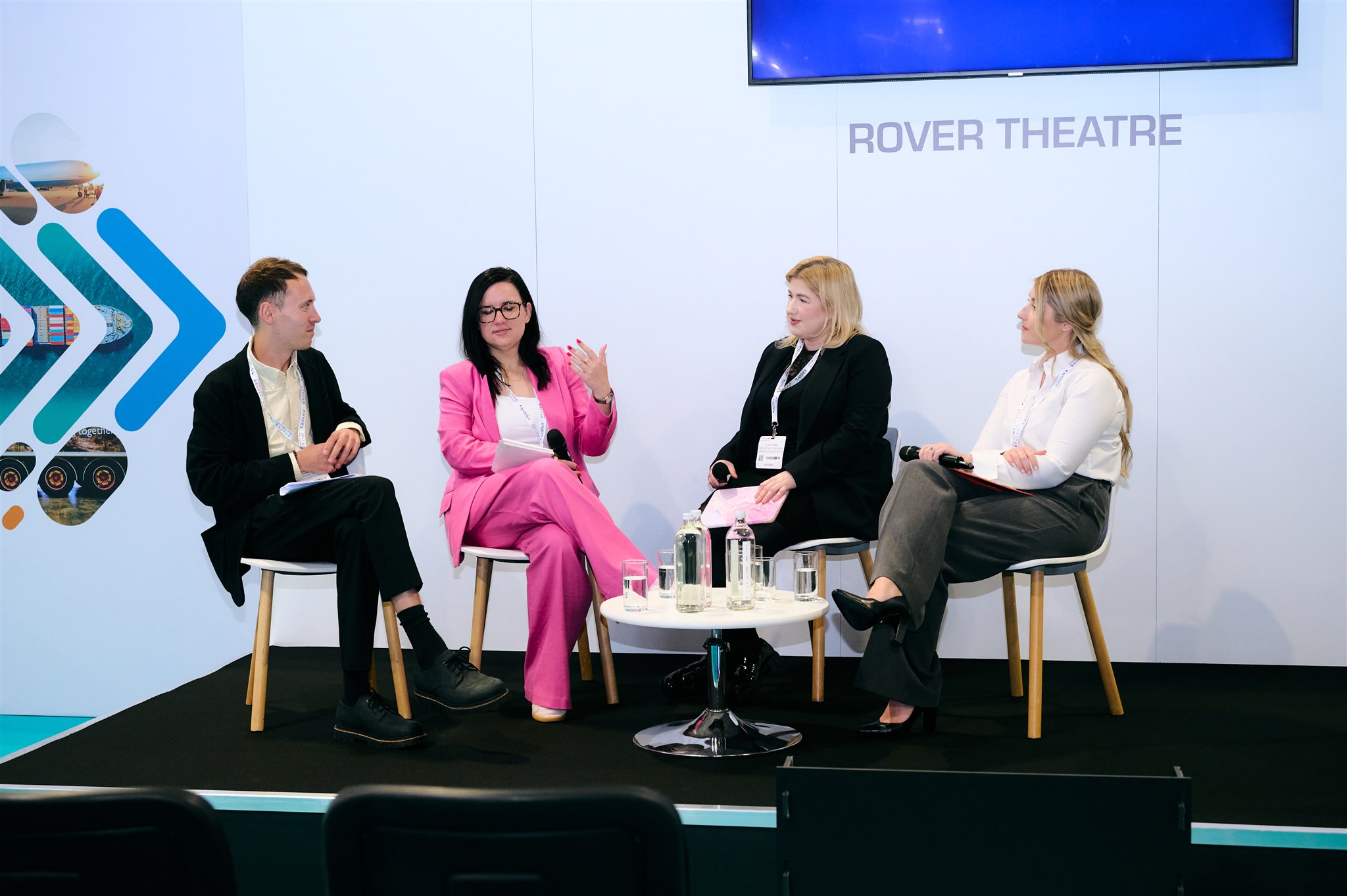Nicolas Collart, chief trade operations and compliance officer at Customs Support Group (CSG), discusses the importance of customs classification in an uncertain economic climate
In 2025, global trade is navigating a storm of uncertainty. From the recent turmoil of changing tariffs to the ongoing disruption in the Red Sea, the pressure on supply chains is relentless. But beneath the surface of these headline challenges, a quieter risk is emerging, one that strikes at the very foundation of customs compliance: classification.
At Customs Support Group (CSG), we often remind clients to focus on what they can control. In customs, that means returning to the bedrocks: classification, valuation and origin. These three fundamentals underpin every compliant clearance. Right now, it’s classification that’s showing signs of strain.
We’re seeing a clear shift. Companies that once managed classification in-house, relying on teams who understood both their products and customs rules, are now outsourcing. On the surface, it may look like a resourcing decision. But it reflects a deeper issue: the growing complexity of trade, and the realisation that internal assumptions don’t always hold up under scrutiny.
In many cases, classification has been treated as a one-time task. Codes are assigned, rarely revisited and often undocumented. As businesses scale, the labour-intensive work of auditing legacy data is pushed aside. That’s when problems surface, when customs authorities challenge a classification and no one can explain how it was determined in the first place.
This is why more companies are turning to experts like CSG. Not just to outsource a process, but to reinforce a foundation. Some are even discovering that, when approached correctly, classification can be a source of opportunity, not just compliance.
At its core, classification determines everything from applicable duties to trade restrictions, but also regulatory compliance. It has a direct impact on the bottom line. That’s why audits shouldn’t be seen as a burden, but as a chance to challenge assumptions. With the right expertise, these conversations can open new narratives, moving beyond ‘how we’ve always done it’ to uncover smarter, more strategic approaches.
It’s no surprise, then, that the classification space is attracting attention from the tech world. AI-powered tools are emerging at pace, with new players entering the market every week. But there’s a growing concern: many of these solutions are purely tech-driven, with little to no customs expertise behind them.
AI is a powerful tool, but it’s still in its infancy. Customs, by contrast, is centuries old. At CSG, we believe AI must be paired with what we call Real Intelligence (RI), the human expertise needed to understand nuance, context and consequence.
Because here’s the reality: AI works on probabilities. Even if it gets classification right 80 percent of the time, are you willing to take the risk that it’s 20 percent wrong? In customs, that margin of error can mean penalties, delays – or worse.
These are the conversations companies need to be having. Not just about how to classify, but about who they trust to do it and what’s at stake if they get it wrong.
One of the most concerning conversations we are hearing is the temptation to cut corners. This shortcut is a shortfall. Deliberate manipulation of Harmonised System (HS) codes to reduce duties – for example, reclassifying a cotton textile as a linen product to benefit from lower tariffs – may seem like a clever workaround on the surface. In reality, it’s a compliance risk with serious consequences.
Customs authorities are increasingly sophisticated, making use of more and more digital solutions to detect inconsistencies. From the authorities' point of view, misclassification - when done structurally and deliberately – can be considered fraud. It’s not just a financial risk; it can lead to criminal charges for the individuals involved.
This is where the AI conversation becomes even more critical. If a tool suggests a lower-duty code that seems too good to be true, it probably is. Without expert human oversight, companies risk making decisions based on flawed logic or incomplete understanding.
The deepest product knowledge still sits within the company. Whether you’re working with a broker, a tech provider or an AI tool, validation is essential. Over time, you build trust in your partners, but that trust must be earned through transparency, expertise and collaboration.
Classification is too important to leave to chance. In this fast-evolving landscape, the companies that succeed will be those who treat it not as a checkbox, but as a cornerstone.





























